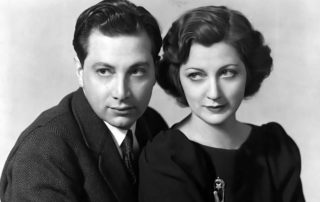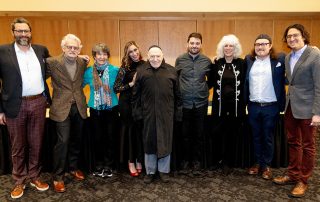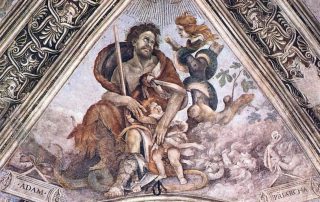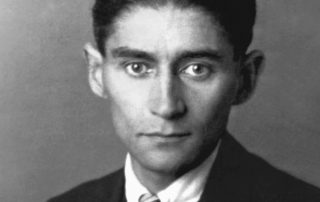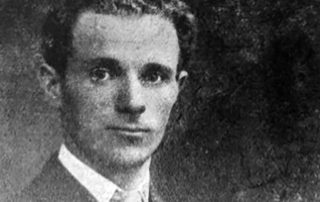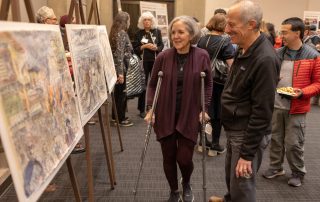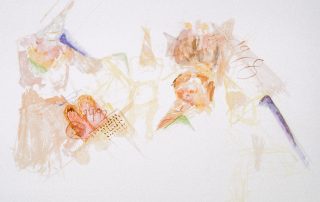Usually long-form posts that aren’t news items and are about arts/culture.
Your favorite Hollywood actor probably has ties to the Yiddish theater, thanks to Stella Adler and her renowned acting method
Stella Adler, famous mid-century actress and one of the United States' foremost acting instructors, had deep ties to the Yiddish theater scene in New York City. Graduate fellow Amna Farooqi explains.

